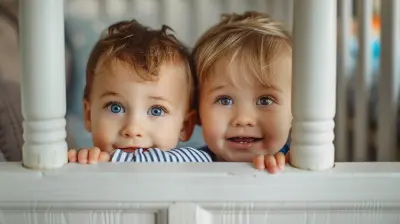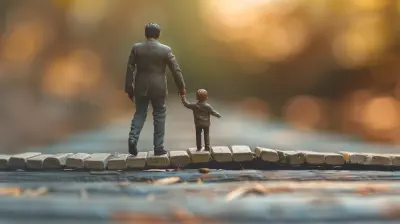The Benefits of Music Education for Young Minds
23 August 2025
Ever noticed how a simple lullaby can calm a fussy baby or how a catchy tune gets your toddler dancing? Music has a magical way of reaching young hearts and minds. But beyond the giggles and wiggles, music education offers a treasure trove of developmental benefits for children. From sharpening their brains to helping them express emotions, music is more than just noise—it’s nourishment for young minds.
In this article, we’re diving deep into how music education positively impacts children. Whether you’re a parent trying to decide if piano lessons are worth it, or you're just curious about how background beats can boost brainpower, stick around. This is going to be music to your ears!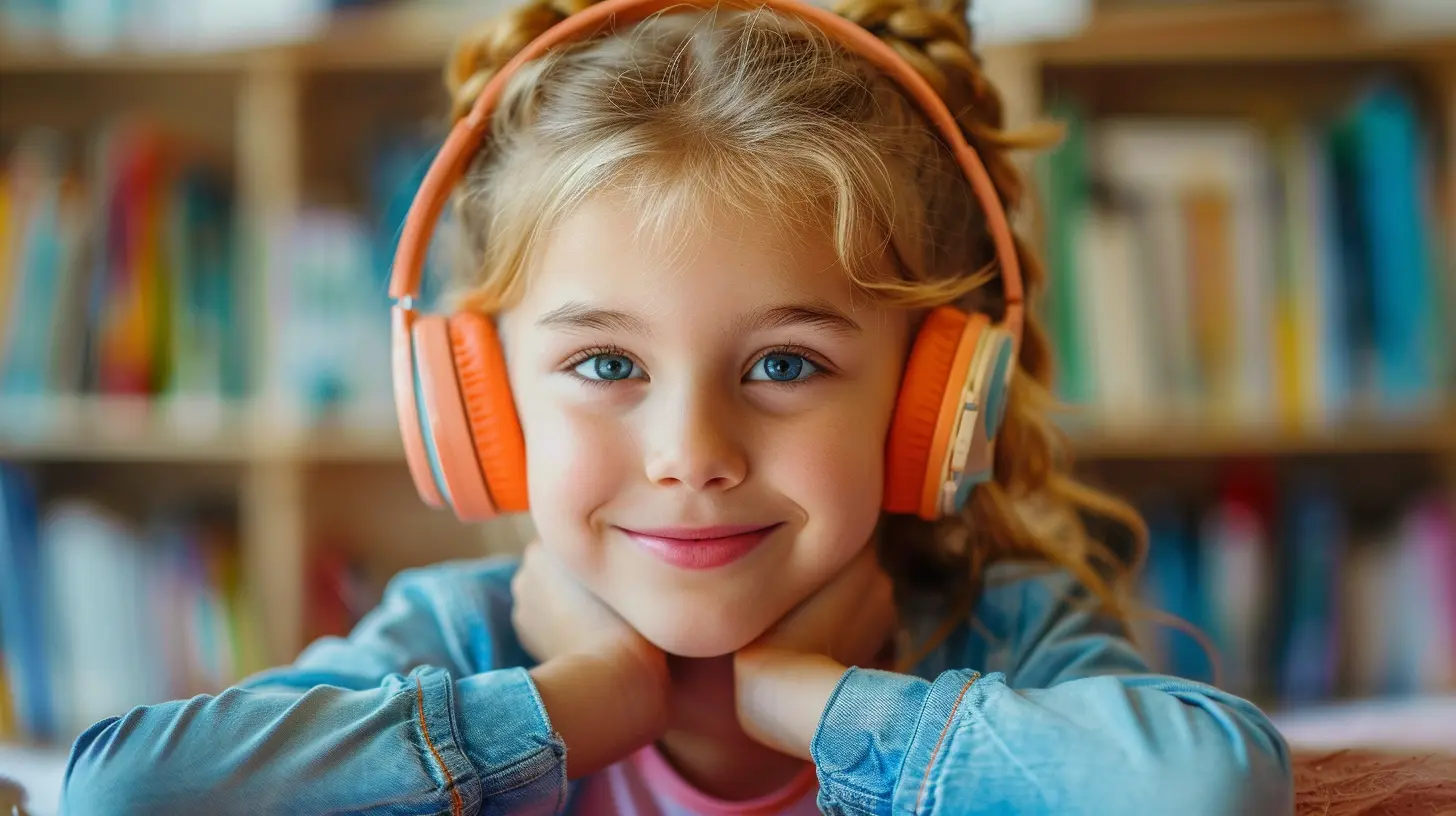
Why Music Education Matters More Than Ever
We live in a digital age. Our kids are growing up surrounded by screens, apps, and instant entertainment. Amidst this tech-heavy world, music education offers a breath of fresh air—a way to engage their brains in a natural, creative, and holistic way.Music isn’t just an extracurricular activity. It’s a life skill. When children engage with music, they’re not just making sounds—they’re learning discipline, coordination, patience, and how to work through challenges. Pretty amazing, right?
Let’s break down these benefits and take a closer look.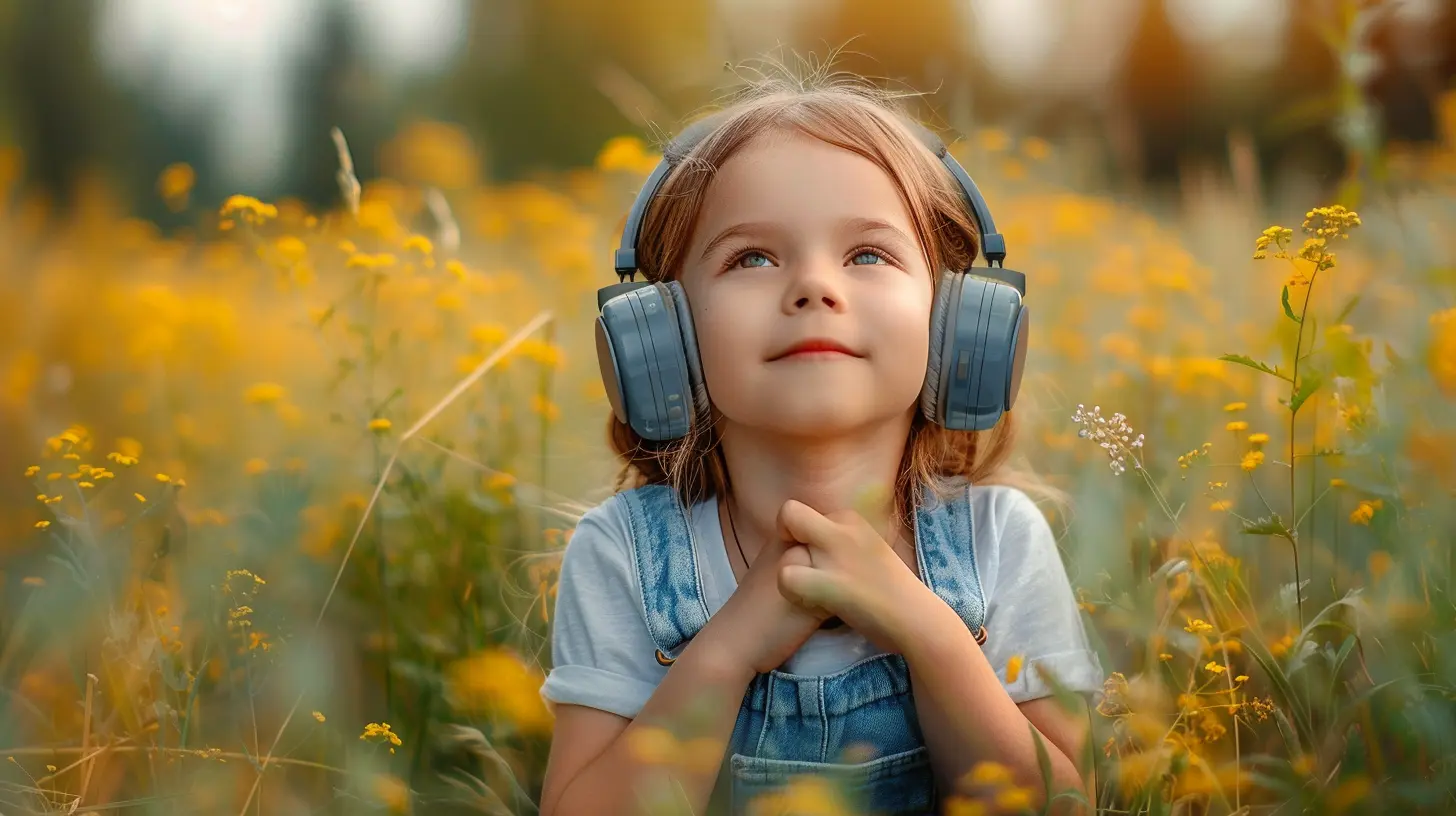
1. Music Boosts Brain Development
Think of your child’s brain like a sponge—soaking up skills, habits, and experiences. The earlier kids are exposed to music education, the more their brains benefit.Memory and Concentration
Ever wonder how your child remembers every lyric to their favorite song but can’t recall where they put their shoes? That’s the power of music in action. Learning notes, rhythms, and sequences enhances memory and attention span.In fact, several studies have shown that kids involved in music perform better in subjects like math and reading. That’s because music strengthens the part of the brain responsible for language, problem-solving, and spatial reasoning.
Improved IQ and Cognitive Skills
A study by the University of Toronto revealed that students who received music lessons had higher IQs than peers who didn’t. And it’s not just about being “smarter”—music helps develop reasoning skills, enables faster learning, and improves academic readiness.So, yes, giving your child a set of drumsticks might actually give them a head start in school!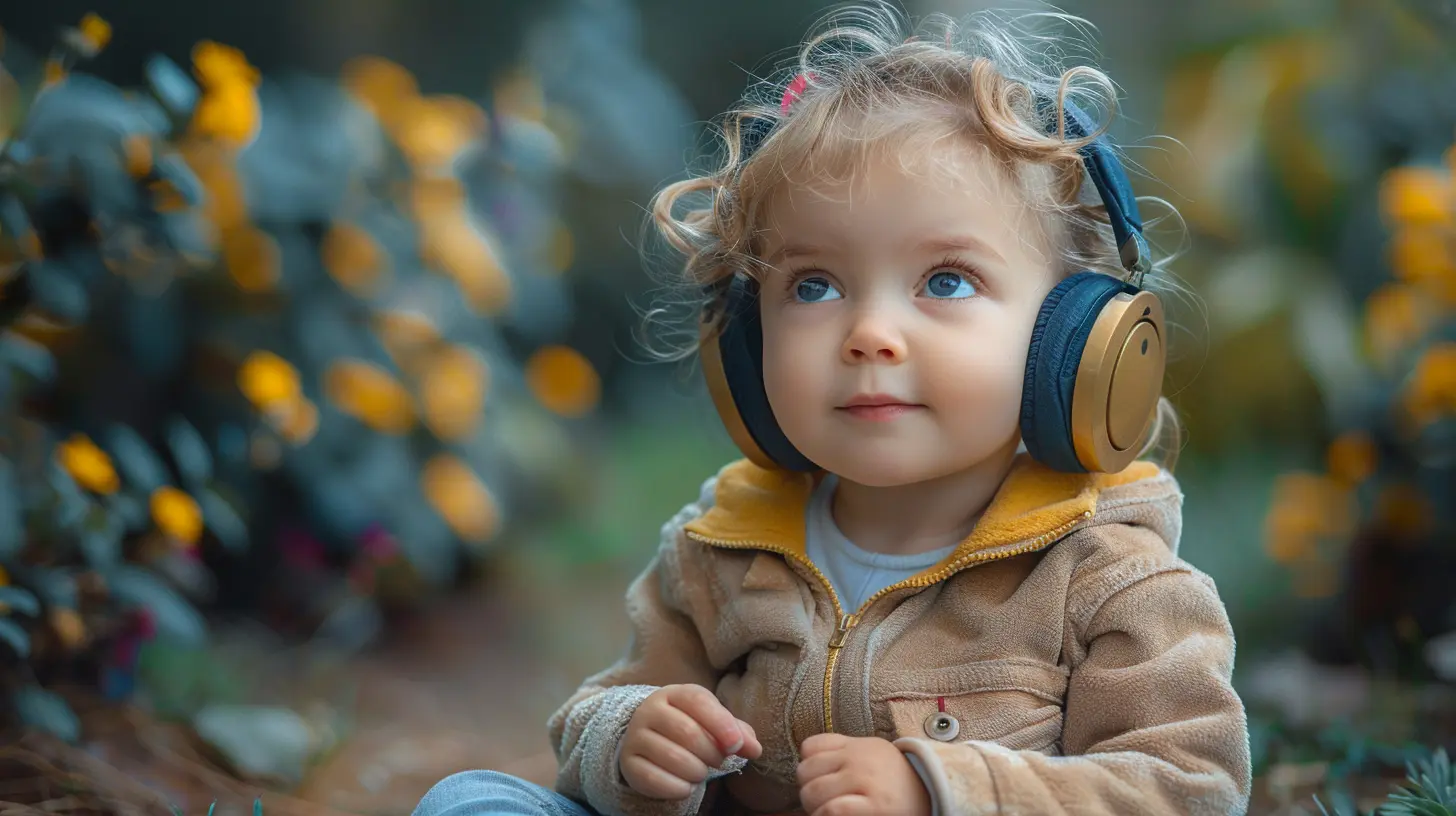
2. Music Encourages Emotional Expression and Regulation
Let’s face it—kids can be a whirlwind of emotions. Music gives them a healthy and creative way to express how they feel when words fall short.Builds Emotional Intelligence
When children learn music, they connect with its emotional tones. Is the song happy, sad, or suspenseful? As kids learn to identify emotions in music, they become better at recognizing emotions in themselves and others. That’s emotional intelligence 101.Reduces Stress and Anxiety
Even toddlers feel stress—yes, that meltdown over the wrong cup is real! Music can soothe nervous systems and reduce anxiety. Whether it’s singing lullabies before bed or humming during quiet time, music helps kids calm down and reset.It’s like handing them an emotional toolkit through melody and rhythm.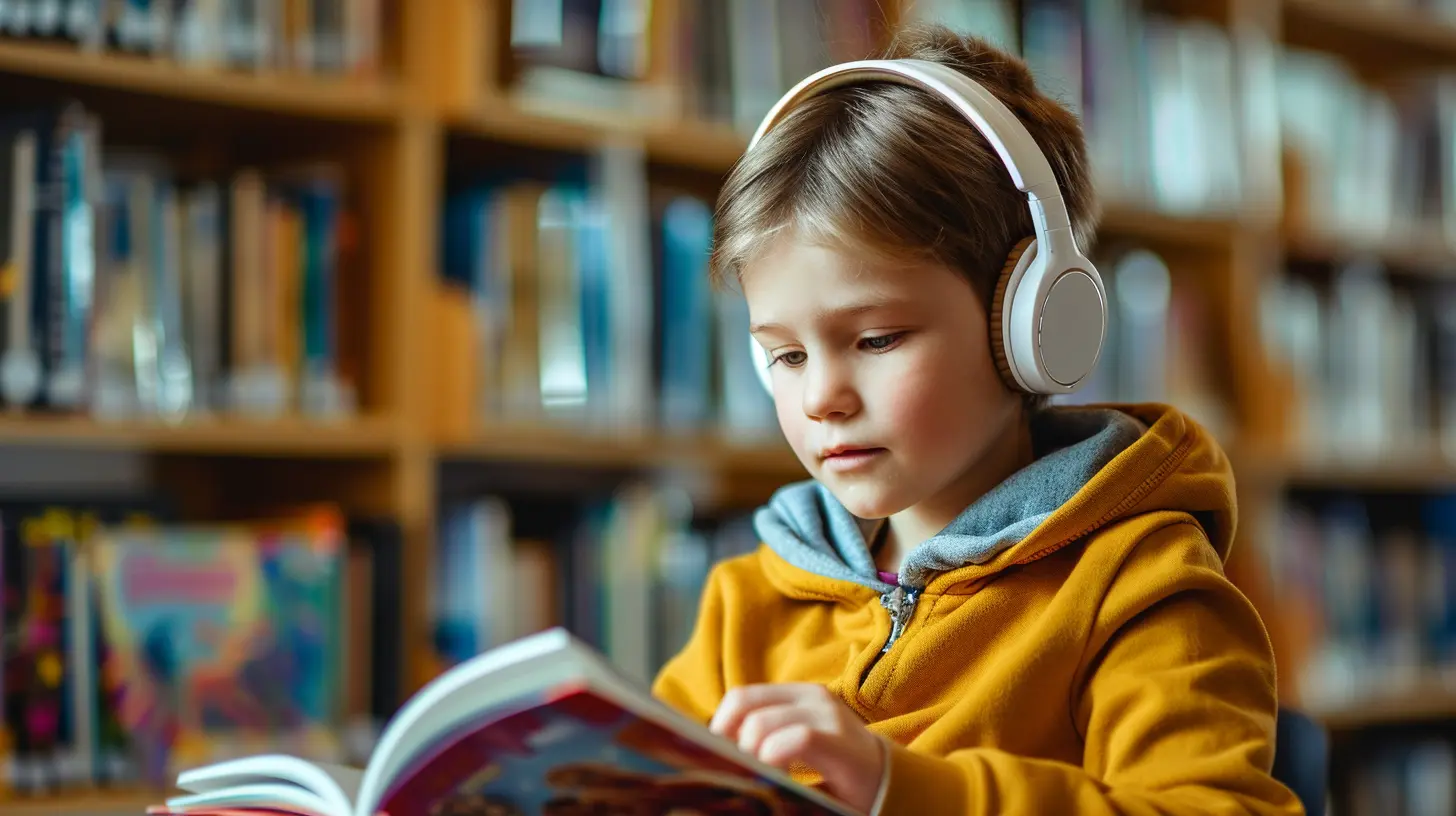
3. Music Fosters Discipline and Patience
Let’s talk about the practice. Learning an instrument isn't all fun and games—it requires commitment, repetition, and perseverance. But that’s actually great news for your child’s character development.Builds Good Habits
Practicing an instrument or rehearsing for a choir performance teaches kids the value of consistency and effort. They learn that improvement doesn’t happen overnight—it takes time. These habits naturally spill over into homework routines, chores, and life in general.Teaches The “Growth Mindset”
Remember the first time your child tied their shoes or rode a bike? It took time and patience. The same concept applies to music. When children face challenges in music—like mastering a tough chord—they learn resilience and the power of “not yet.” That mindset sticks with them long after the music stops.4. Music Sparks Creativity
Music is an art, and art is all about thinking outside the box.Encourages Originality
When kids compose their own tunes or improvise during a jam session, they’re tapping into one of the most powerful skills of the future: creativity. This creative outlet can invigorate other areas too—like storytelling, drawing, or even problem-solving.Builds Confidence
There’s nothing quite like the standing ovation after a school performance or the applause from family at a home concert. That sense of achievement builds self-esteem and helps kids feel proud of what they’ve created—all on their own.5. Music Enhances Social Skills
Music is rarely a solo effort—it’s often about collaboration. Whether it’s singing in a choir, playing in a band, or taking turns in a music circle, music brings kids together.Encourages Teamwork and Communication
Group music activities foster cooperation. Kids learn how to listen, adjust their tempo to others, and move in harmony—literally and figuratively. In the process, they develop patience, empathy, and better communication skills.Teaches Respect and Responsibility
Waiting for your turn on the drum or tuning your guitar before practice teaches respect for peers and for the process. Kids naturally pick up lessons about manners, responsibility, and mutual respect when they engage in structured musical environments.6. Music Opens the Door to Culture and History
Every culture in the world has music. Introducing kids to diverse musical styles—from African drums to classical violin—teaches them about heritage, identity, and history.Builds Cultural Awareness
Music is a fantastic way to expose kids to different traditions and values. It sparks curiosity and teaches them to celebrate diversity rather than fear it.Strengthens Family Bonds
Whether it’s dancing around the kitchen to family favorites or singing old lullabies passed down from grandparents, music connects generations. It’s a bridge between past and present that brings families even closer.7. Music Sets the Stage for Lifelong Enjoyment
Here’s the thing—music doesn’t come with an expiration date. Once a child learns to enjoy music, they carry that joy into adulthood. It becomes a go-to stress reliever, a social connector, a hobby, or even a career.Supports Lifelong Well-Being
Adults who play instruments or sing often report higher levels of happiness and lower levels of stress. And it all begins in childhood. Giving your child a musical foundation is like giving them a lifelong friend.How to Encourage Music Education at Home
Now that we’ve gone through all these wonderful benefits, you’re probably wondering—how can I actually get my child involved in music?Here are some simple, budget-friendly ways to start:
- Sing together – It doesn’t matter if you’re off-key. Your child loves your voice.
- Play a variety of music – Expose them to jazz, classical, pop, rock, and music from other cultures.
- Use household instruments – Pots and pans turn into drums with a wooden spoon.
- Invest in beginner instruments – Think ukuleles, xylophones, or keyboards.
- Enroll in music classes – Many community centers offer affordable programs.
- Watch musicals or concerts online – Make it a family movie night with a twist.
The key is consistency and encouragement—not pressure. Let it flow naturally, like a melody that finds its tune.
Final Thoughts: Music Education Is a Gift
Music education isn’t just about producing the next Beethoven or Beyoncé. It’s about nurturing well-rounded, emotionally intelligent, creative, and confident humans. Sure, not every child will stick with piano or master the violin, but the skills they build along the way? Those are for life.So, whether it’s a group class, a solo lesson, or just some carefree kitchen dance sessions—let music be part of your child’s journey. Their minds (and hearts) will thank you for it.
all images in this post were generated using AI tools
Category:
Education TipsAuthor:

Max Shaffer
Discussion
rate this article
1 comments
Adam Reed
Great insights! Music education not only boosts creativity but also enhances cognitive skills and emotional development in children.
September 1, 2025 at 4:41 AM

Max Shaffer
Thank you! I’m glad you found the insights valuable. Music education indeed plays a crucial role in holistic child development.

